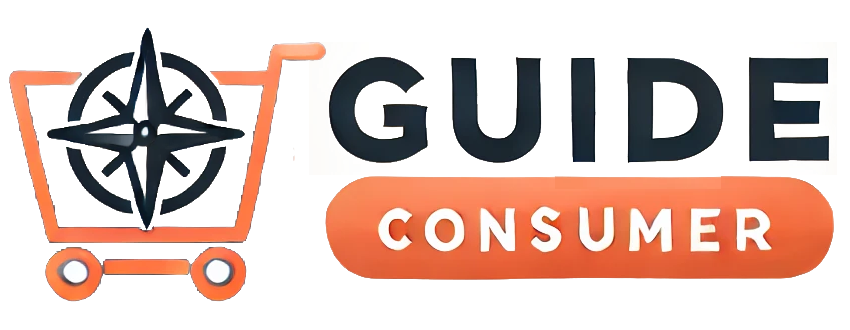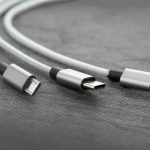Leasing a car or buying a used one represents a significant financial decision that can have a lasting impact on your budget, lifestyle, and driving experience. Each option offers its own set of advantages and drawbacks, making it essential to thoroughly assess your priorities and circumstances before making a choice. While leasing might appeal to those seeking convenience and the latest technology, buying used often attracts individuals prioritizing ownership and long-term economic benefits. By examining the various aspects of both car leasing and purchasing, we can better understand which might be the smarter choice for different types of consumers.
Understanding Car Leasing
Car leasing is similar to renting a vehicle long-term. You make monthly payments to use a car for a set period, generally two to three years, at which point the vehicle is returned to the dealership. Leasing usually has lower monthly payments compared to financing a new car purchase.
Advantages of Leasing:
- Lower Monthly Payments: Since you're only paying for the car's depreciation during the lease term, plus interest and fees, the monthly payments generally tend to be lower than financing a purchase.
- Latest Features: Leasing allows you to drive a new car every few years, giving you access to the latest safety features, technology, and efficiency improvements.
- Minimal Maintenance Costs: Most leased vehicles remain under warranty throughout the lease period, reducing the risk of unexpected repair costs.
- Variety and Flexibility: At the end of a lease, you have the flexibility to switch to a different model, brand, or type of vehicle without the hassle of selling a car.
Drawbacks of Leasing:
- No Ownership: Leasing never results in ownership of the vehicle; once the lease is up, you must return the car and acquire another vehicle.
- Mileage Limitations: Leased vehicles typically come with annual mileage limits. Surpassing these limits results in additional charges.
- Wear and Tear Costs: Excessive wear and tear on a leased car can lead to additional fees when you return the vehicle.
- Continuous Payments: Leasing involves a cycle of never-ending payments, whereas buying used can eventually result in ownership and financial freedom from car payments.
Buying Used Cars
Buying a used car means purchasing a vehicle that has been pre-owned. Whether from a private seller or a dealership, used cars often present a more affordable alternative to new vehicles.
Advantages of Buying Used:
- Lower Acquisition Cost: Used cars typically cost significantly less than new ones. The largest depreciation in a vehicle’s lifespan occurs during the first three years, meaning purchasing used can offer significant savings.
- Ownership: Once you've completed your financing payments, or if you purchase the car outright, you own the vehicle completely, providing a sense of permanence and investment.
- No Mileage Restrictions: Unlike leasing, purchasing a used car frees you from mileage limitations or penalties, which can grant more freedom for longer commutes or road trips.
- Higher Variety Within Budget: Buying used often allows you to choose from a wider range of models and brands at a specific budget level, possibly enabling you to afford a higher-end vehicle than if buying new.
Drawbacks of Buying Used:
- Maintenance and Repair Costs: Used cars can sometimes require more maintenance and repairs, especially if not bought from reputable sellers who ensure the vehicle is in good condition.
- Limited or No Warranty: Used vehicles often have limited warranties, if any, increasing potential out-of-pocket expenses for unexpected repairs.
- Older Technology and Features: A used vehicle may lack the latest technology and safety features found in newer models, affecting both convenience and security.
- Depreciation: While used cars depreciate at a slower rate than new cars, depreciation still occurs, which can affect the trade-in or resale value.
Evaluating Individual Needs and Priorities
Opting between leasing a car and buying used requires a deep dive into your own needs, financial situation, driving habits, and long-term plans. Here are a few factors to consider:
Budget and Financial Planning:
- If minimizing monthly payments is your primary goal, leasing could be more attractive. However, if you calculate the total cost of ownership over several years, many find buying used to be more cost-effective.
- Buyers interested in acquiring an asset might lean towards buying used, with the understanding that they will eventually stop making payments and own the vehicle outright.
Lifestyle and Driving Habits:
- If you enjoy driving the latest model cars with modern tech features and changing cars frequently, leasing may complement such preferences.
- For drivers who accumulate high mileage annually or need a vehicle that can withstand more wear and tear without penalties or extra costs, purchasing used may be more pragmatic.
Long-Term Plans:
- Consider your long-term needs. If you anticipate major life changes, such as expanding your family, transitioning to a job with a longer commute, or any other lifestyle shift, your vehicle needs may change.
- Think about the resale or trade-in potential. A well-maintained used vehicle can often be exchanged or sold later, contributing to the purchase of your next vehicle.
Market Trends and Economy Influences
The automotive market fluctuates based on economic conditions, and external factors such as environmental legislation, technological advancements, and fuel prices can influence the decision to lease or buy used. Electric and hybrid vehicles, for instance, may depreciate differently and have distinct leasing options due to rapidly evolving technology and incentives.
Moreover, innovations in vehicle design and safety technology tend to be more prominent and quickly available in new models, often featured in leased vehicles before they permeate the used car market. Economic considerations, such as inflation rates and car loan interest rates, also play into the decision-making process, potentially affecting leasing agreements and financing deals.
The rise of consumer awareness regarding sustainable practices may incline some buyers toward purchasing used vehicles to minimize their carbon footprint. Meanwhile, others might lease vehicles to frequently upgrade to more fuel-efficient or electric models, staying on the cutting edge of green technology.
Consumer confidence and vehicle availability can also impact car lease offerings and used car pricing. During periods of economic downturn, when consumer spending tightens, lease deals might become more enticing, while during an economic upswing, consumers might feel more financially secure investing in a used vehicle.
The choice between leasing a car or buying a used one boils down to individual priorities. Understanding your financial standing, assessing your current and foreseeable lifestyle changes, and considering broader market influences are all crucial steps in determining which option fits best with your needs. Whether you gravitate towards the flexibility and modernity of leasing or the ownership and potential cost savings of purchasing used, making an informed decision will set you on the road to automotive satisfaction.


